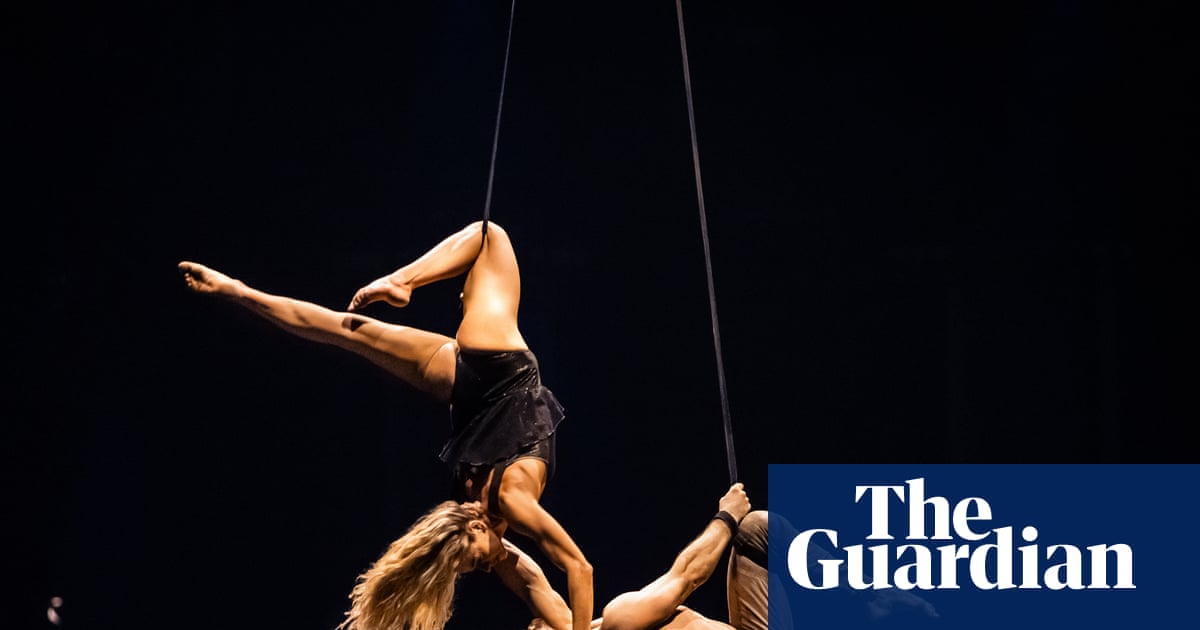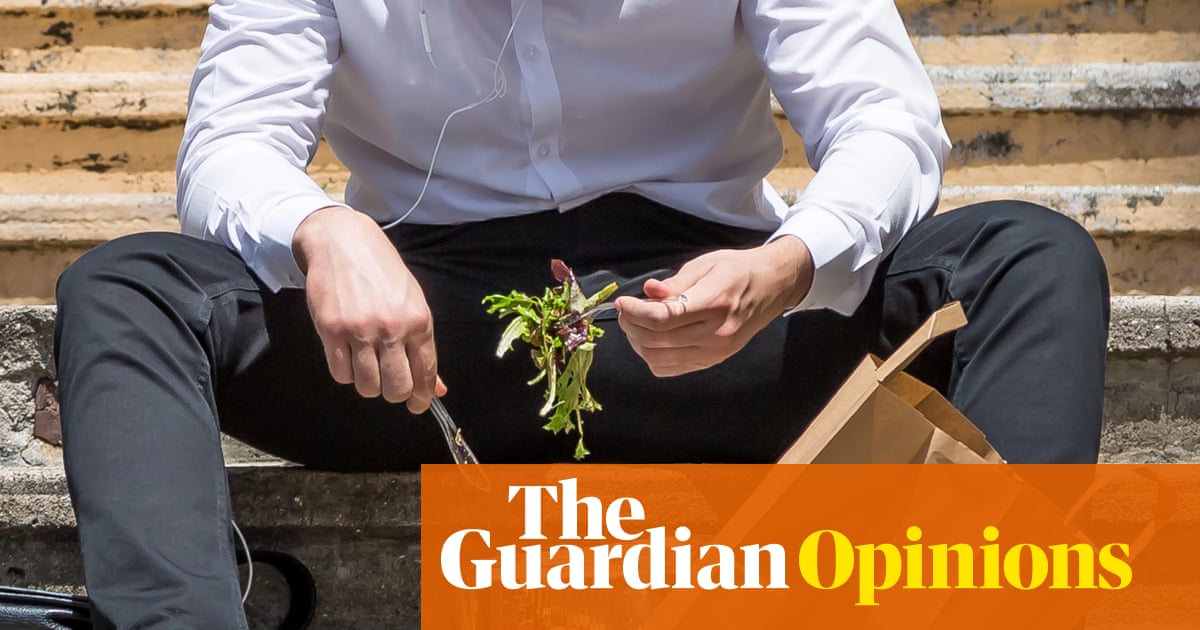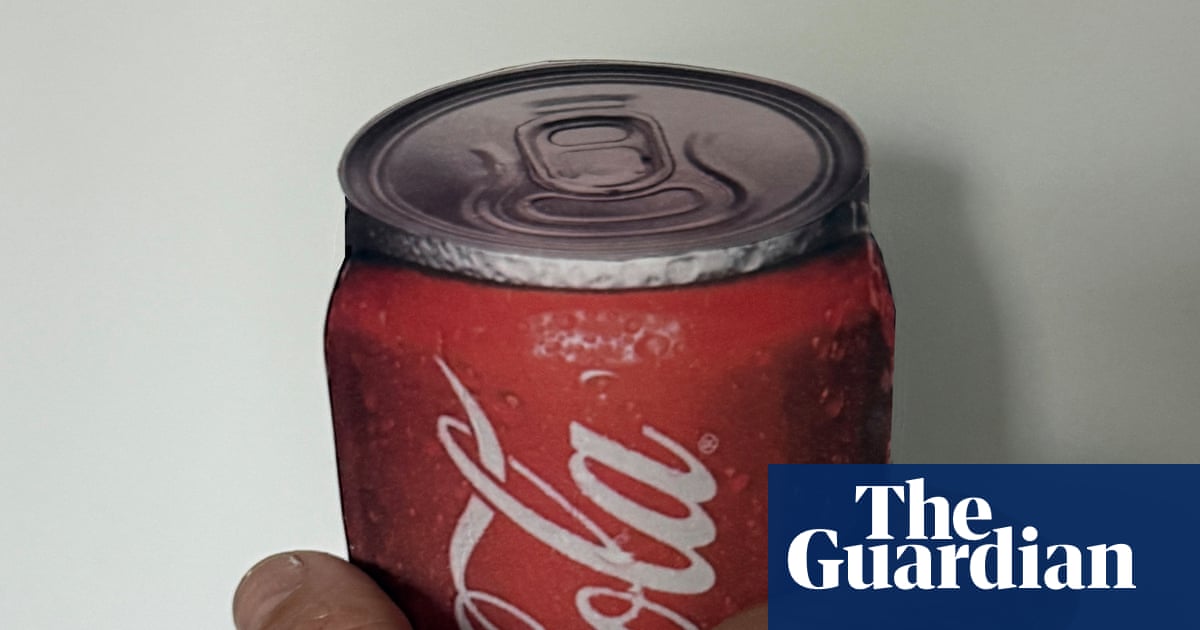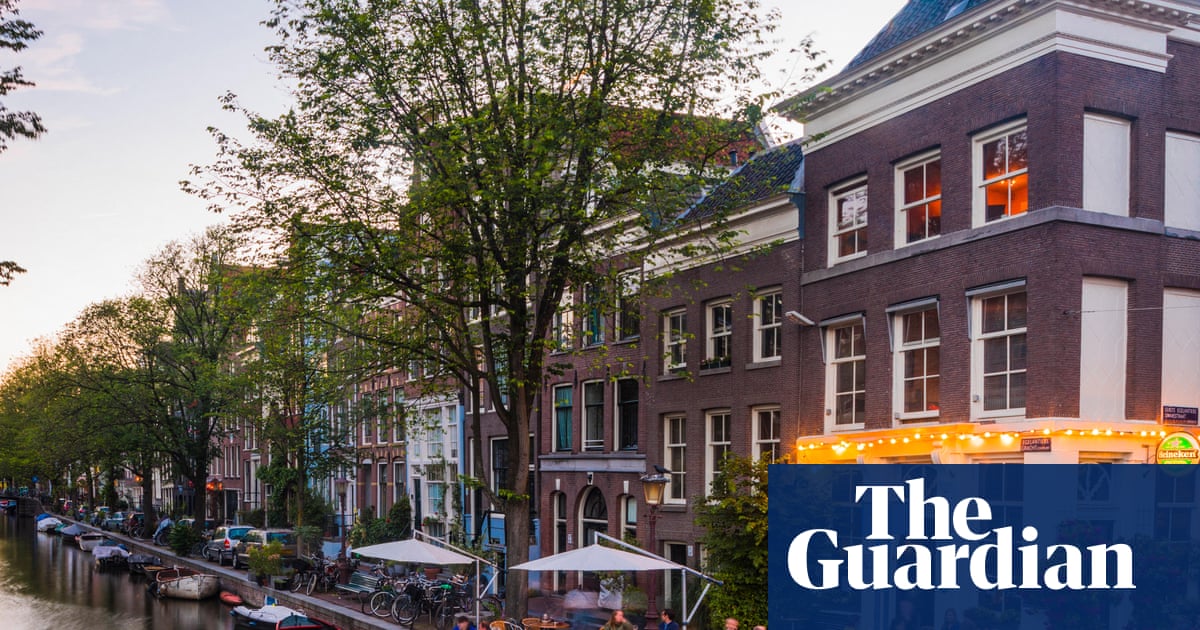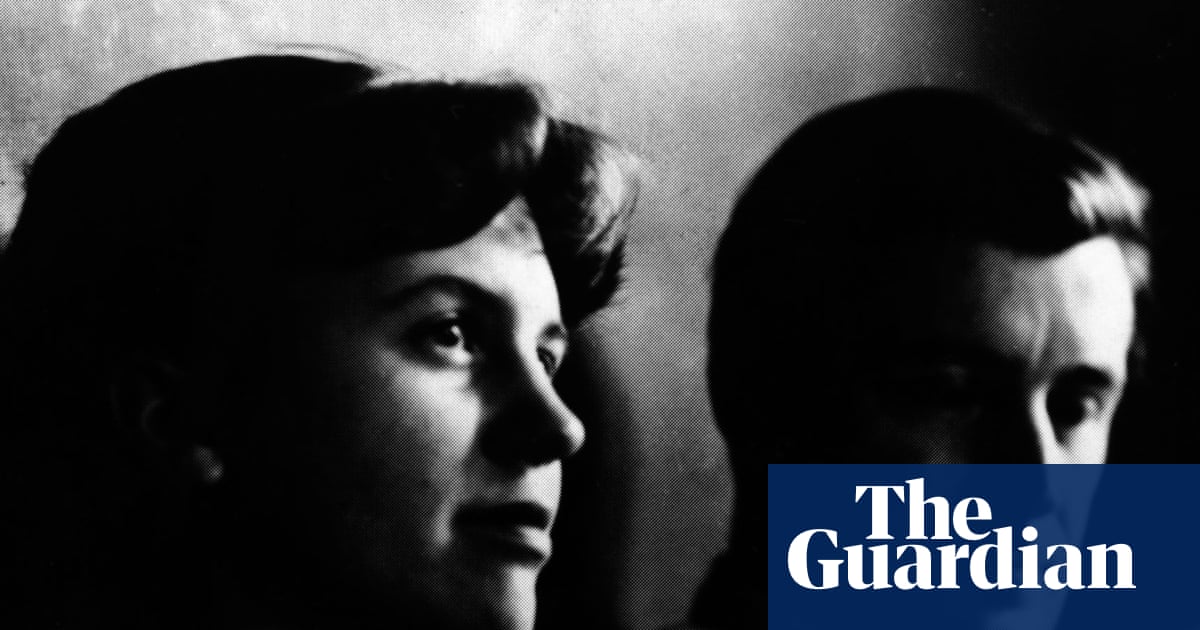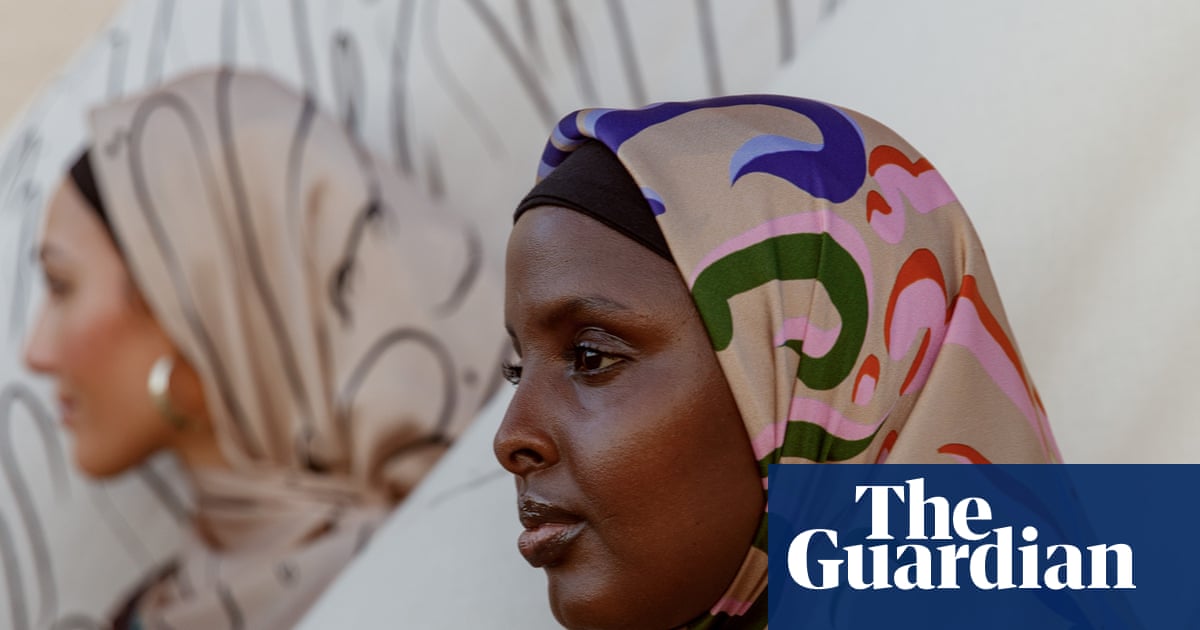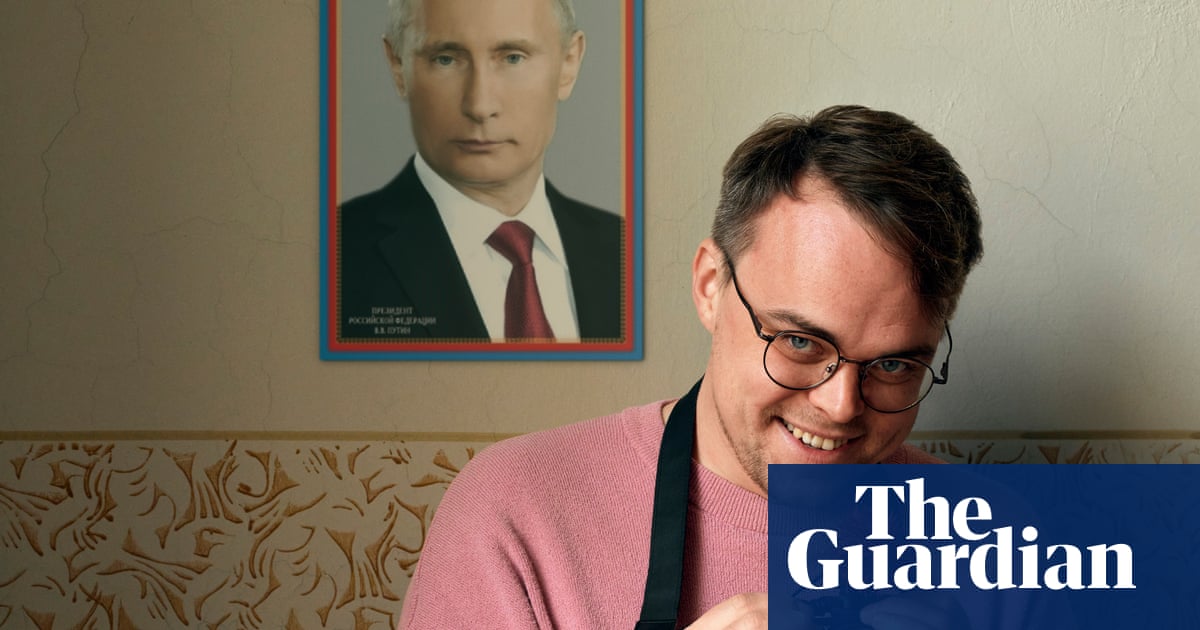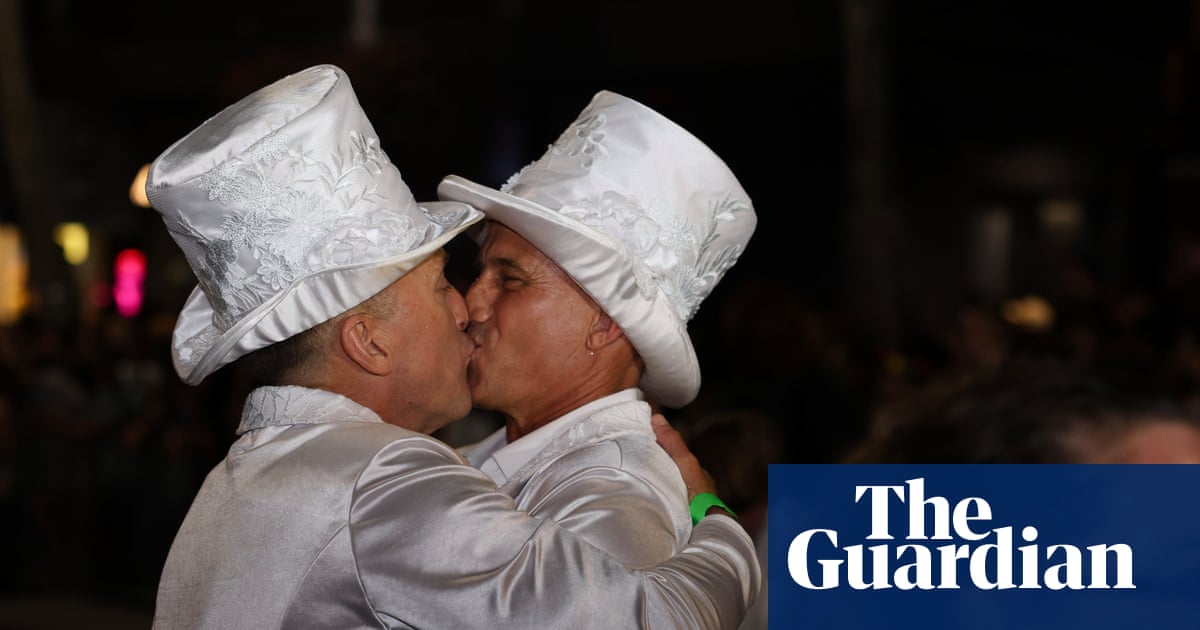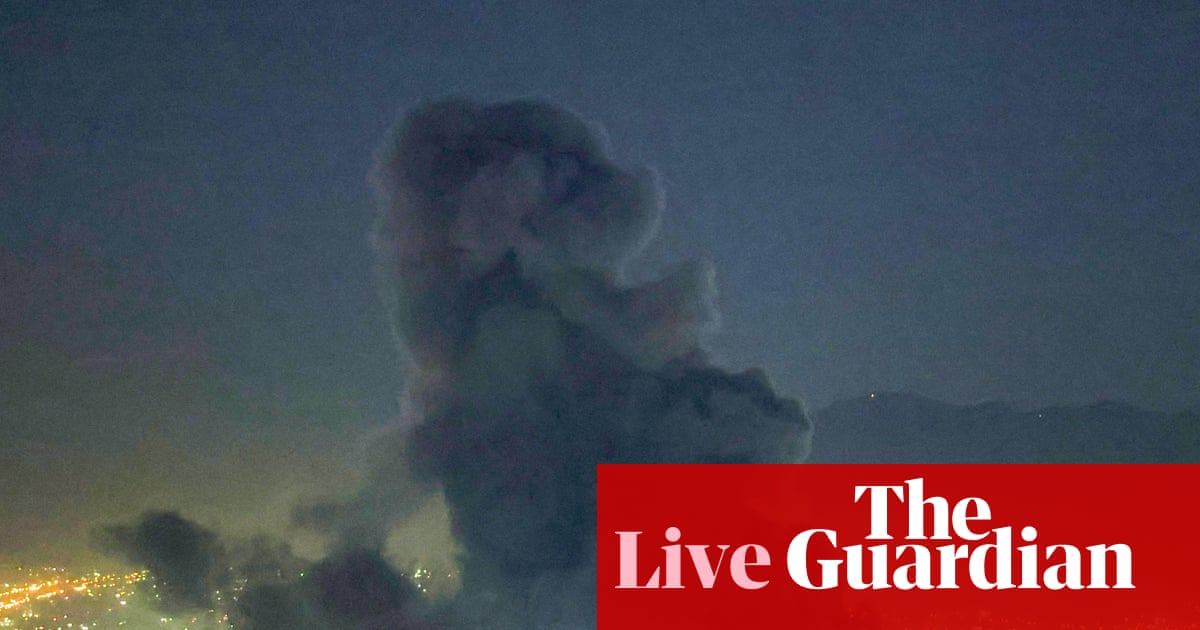To some Indonesians he is the antithesis of a hero – a former dictator accused of human rights abuses who once held the disreputable title of one of the world’s most corrupt leaders.
So when the world’s third-largest democracy announced this month that its late strongman leader Suharto would be named a national hero, activists and survivors were outraged.
But on the streets the decision was also notable for the outrage that wasn’t. Protests were small and relatively muted. Many young Indonesians, born after Suharto’s authoritarian rule, responded with indifference or nostalgia for the old regime, as allegations of human rights abuses fade and Suharto’s era of economic growth looks rosier decades on.
The award was bestowed on Suharto by Indonesian president Prabowo Subianto, Suharto’s ex-son-law and a controversial military general who was inaugurated last October after a commanding win supported by Gen Z backing.
Suharto was a top military leader during the 1965-6 ‘communist purge’ when an estimated half a million suspected communists were massacred, and his regime was accused of subsequent human rights abuses and disappearances. He ruled Indonesia for 32 years before being forced from power in 1998. He died in 2008, aged 86.
The Indonesian government has said he was granted the award as “a hero of the struggle for independence” and denies his involvement in mass killings and other atrocities. The government did not respond to the Guardian’s questions about the award.
“[It’s] very controversial, but Suharto’s track record was proven brilliant in advancing Indonesia,” says Muhammad Abid Fiisabilillah, a 19-year-old university student in Surabaya. “I understand that Suharto has a bad track record related to human rights violations, but every president must have strengths and weaknesses – including heroes.”
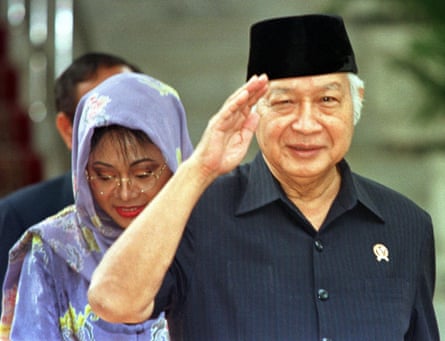
The decision fits a wider vein of nostalgia – or at least declining disapproval – for the old regime. Polling published in 2024 found that Gen Z respondents perceived Suharto more positively than negatively – although their optimism about the former leader was still lower than some older demographics.
“People tend to romanticise the Suharto era because they hear stories about how stable and prosperous it was back then,” says Subhan Nur Sobah, a 32-year-old who works in education in Bandung, West Java. “It’s nostalgia for a time that seems simpler and more certain, especially compared to today’s economic challenges.”
Indonesia is facing a cost of living crisis, with rising inflation and precarious employment and high costs for essentials. “I think this [lack of outrage] really shows where young people’s focus and priorities are today,” continues Nur Sobah. “It’s not that we don’t care about history or justice; we’re just trying to survive.”
“Idealistically, Suharto should not even be considered as a national hero,” agrees Jakarta content creator, Alma al Farisi, who opposed the award. “But then once we go into the outside world: we’re living and we’re going to work or we’re going to class, and it’s like: we have to live. We have to be realistic.”
Social scientist Dr. Yanuar Nugroho says that while there were young people at both poles on the Suharto decision - some who see it as “blatant whitewashing” and others who see him as “a symbol of order and stability” - the largest group lay in between: “those who view the controversy as yet another elite dispute, distant from the realities of their daily struggles.”
That fits with what Kennedy Muslim, an analyst and researcher at polling firm Indikator Politik Indonesia, calls an “intriguing trend of complacency toward democracy by Indonesian Gen Zs”. Muslim points to research indicating higher levels of satisfaction with democracy among younger people, “despite the deteriorating quality of Indonesian democracy for the past decade”.
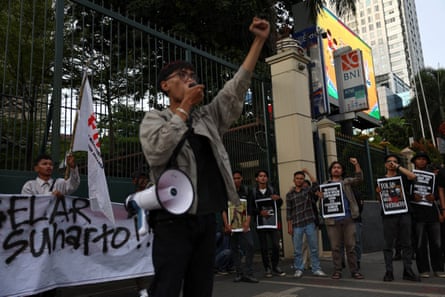
Some analysts see regional parallels, such as in the Marcos family’s return to power in the Philippines, 20 years after martial law was overthrown.
Fading memories
Those most strongly against the decision often have relatives who were directly effected by Suharto’s authoritarian rule. Yansen, 22, a Chinese-Indonesian student from Jakarta, says his community still experiences discrimination as a legacy of Suharto’s crackdowns. Making him a hero “is not a good decision”, he says. “There’s all this trauma, and the government still just closes their eyes.”
Yansen posts short, jokey videos about politics online, including some bemoaning the national hero designation, but says they prompted a wave of pro-Suharto and anti-Chinese comments. Young people “don’t know what kind of sins Suharto did,” he says. “They aren’t teaching us about the dark history.”
Most Gen Zs, however – born after 1997 – weren’t alive when he was ousted. Yansen says he was never taught about the regime’s violence in school, and believes many young Indonesians simply don’t know.
“The memory was never properly transferred, or at least institutionally transferred, to the younger generation,” says Nathanael Gratias Sumaktoyo, assistant professor of political science at the National University of Singapore. Only the most sanitised version is taught in schools, he says.
He fears that historical amnesia could now be compounding – particularly given recently announced plans to rewrite the history curriculum to emphasise national pride in a “positive” tone.
“Even before Suharto was officially designated a national hero, we never talked about the abuses and violence that happened under his watch. But now he’s a national hero, it’s going to be even more difficult,” he says. “The more difficult it is to talk about it, the weaker the memory of future generations will be.”
Additional reporting by Hanaa Septiana

.png) 3 months ago
47
3 months ago
47

